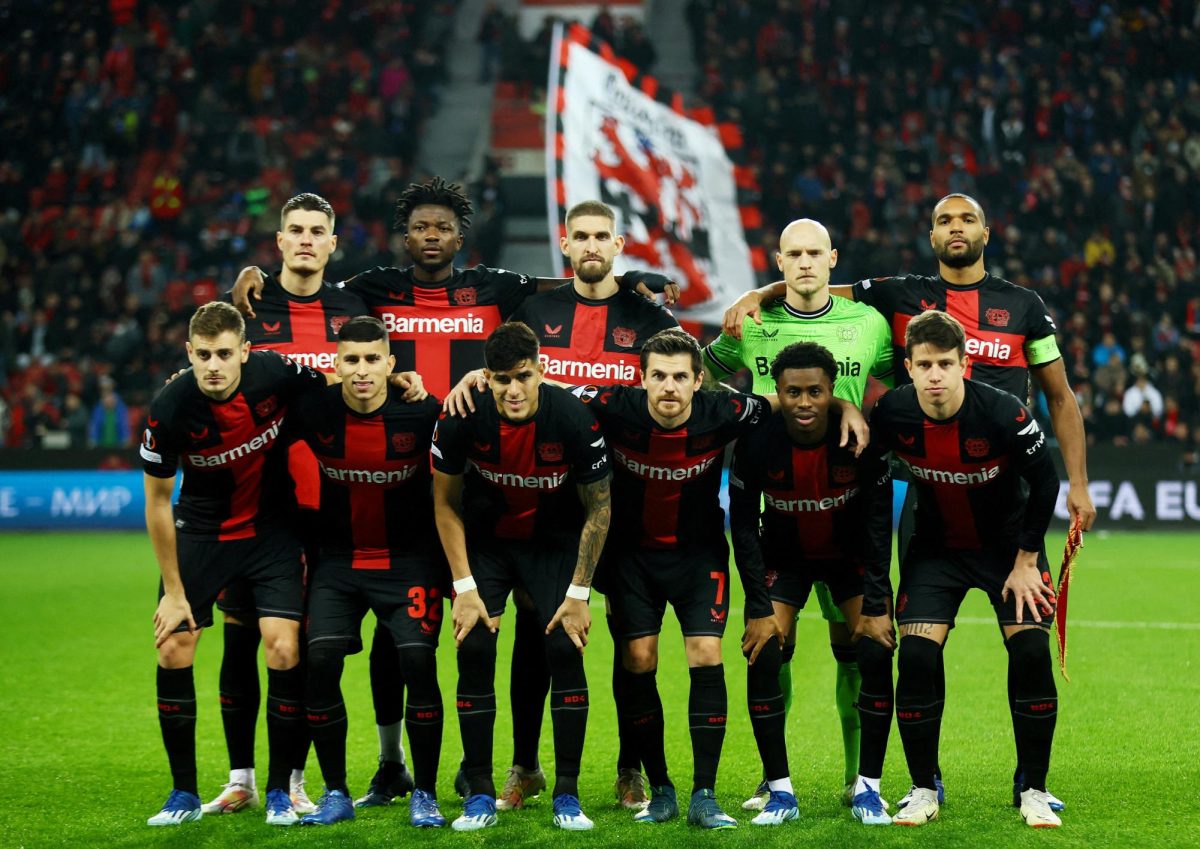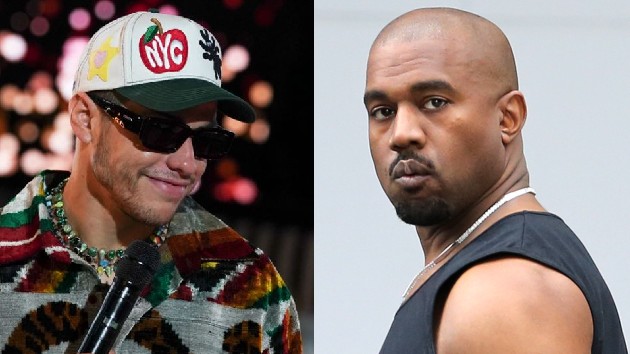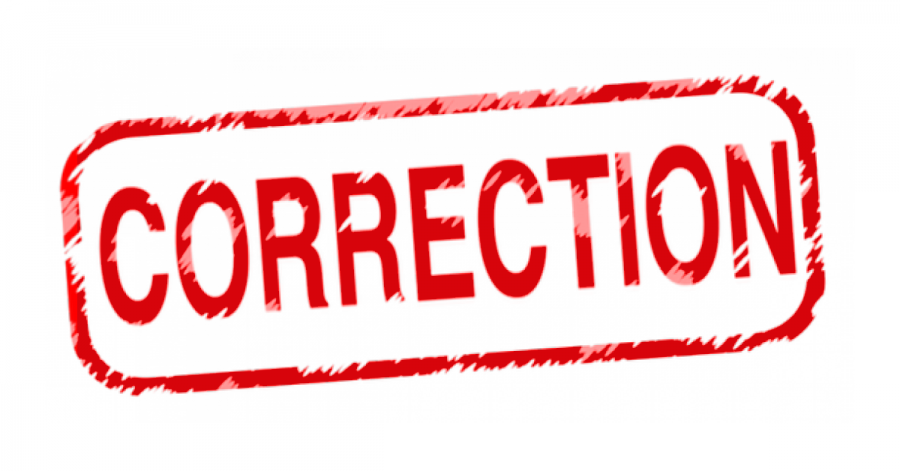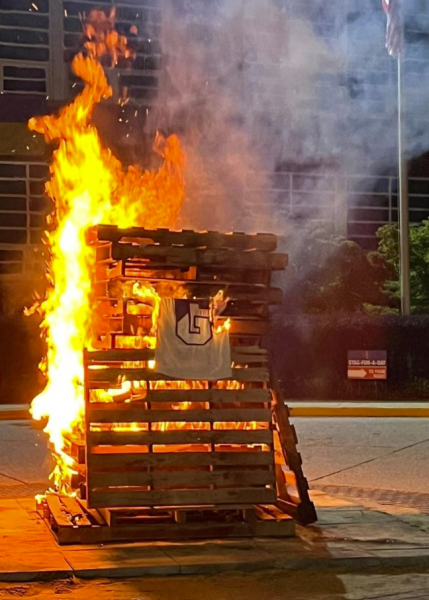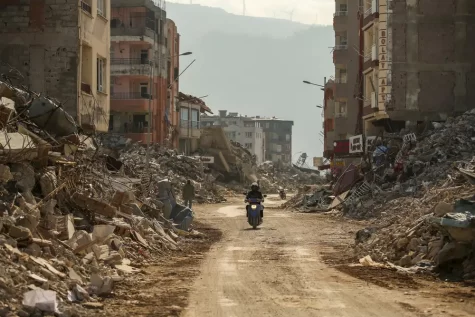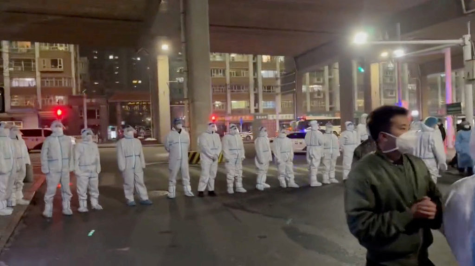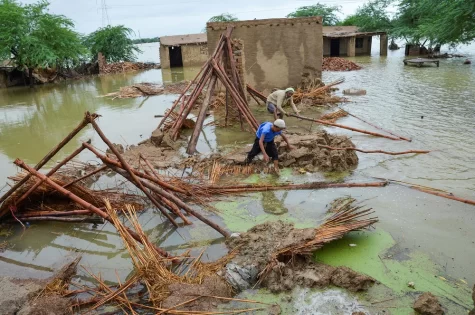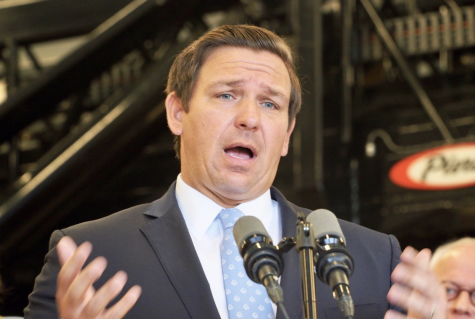Russia: the economics of an invasion

March 18, 2022
In the three weeks since the invasion of Ukraine a story has been developing, the story of a resistant Ukrainian people and the horrifying war crimes of the invading Russia.
Russian artillery crews have been ordered to fire on civilian targets and footage has been released of Russian artillery striking and killing civilians, exploding apartment buildings, and schools. Russia has denied all claims that they target civilian areas but every day new footage emerges of Ukrainian citizens either being gunned down or their homes being destroyed by rockets and bombs. The actions of the Russian government have been indefensible.
The Ukrainian people have not been lying down and taking it. The military has mounted a full-scale defense and has, until recently, prevented Russia from capturing any cities. The Ukrainian troops have been mounting guerilla assaults on Russian armor with rocket launchers and sabotage. Ukraine has taken more than 200 Russian soldiers prisoner and captured many dozens of vehicles from the Russian forces.
Without directly going to war with Russia, many countries around the world have tried the next best option and imposed harsh sanctions and are considering opening up the path to NATO membership for Ukraine.
The sanctions imposed upon Russia have severely crippled the economy and the Russian ruble is now worth less than the American penny. Many civilians are protesting to end the war as their money’s value is reduced to virtually nothing.
The sanctions have also started to affect the Russian oligarchs, who have a lot of property and assets abroad in other countries. Many world governments have started seizing their assets. This move is to put pressure on the oligarchs to petition Putin to end the invasion of Ukraine.
Although the sanctions are only imposed on Russia, the effects could soon be felt around the world. Russia is the largest supplier of oil in Europe and many NATO countries depend on it for oil. With the Russian economy tanking and the U.S. pressuring European allies to stop purchasing oil from Russia, the economic landscape of Europe could see drastic change in the coming years. Many countries are trying to figure out how to become energy independent of Russia and green energy is becoming more and more appealing to these countries.
With Europe becoming energy independent, Russia stands to lose a major income source and much of its economic leverage. With the Russian armed forces falling more technologically behind countries like the U.S. and China since the collapse of the Soviet Union, and the economy now less powerful than that of Spain, this is starting to look like the collapse of the Russian empire.











